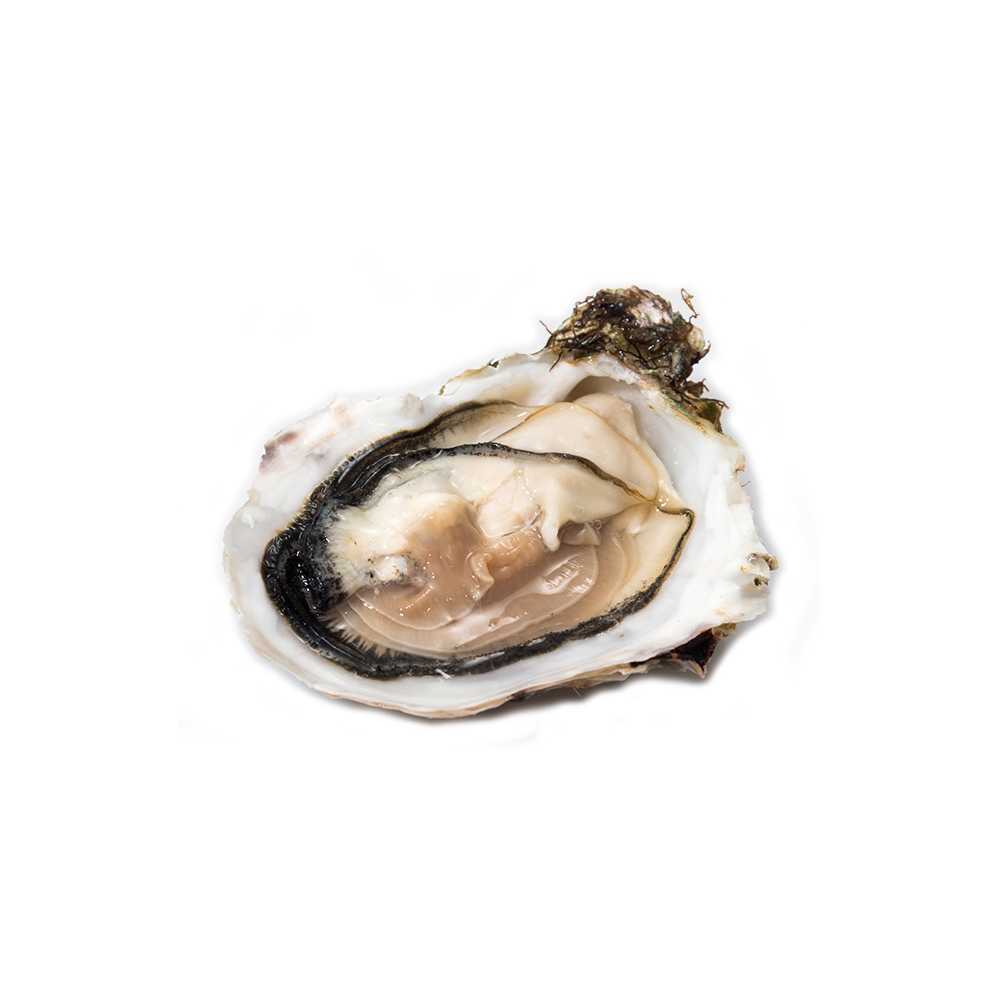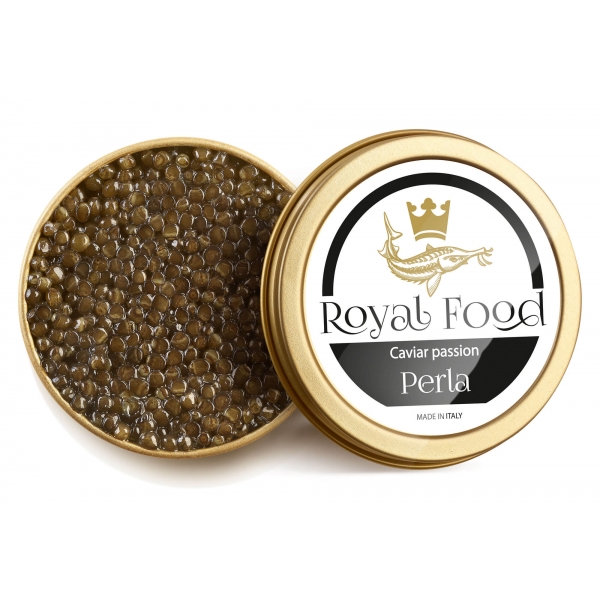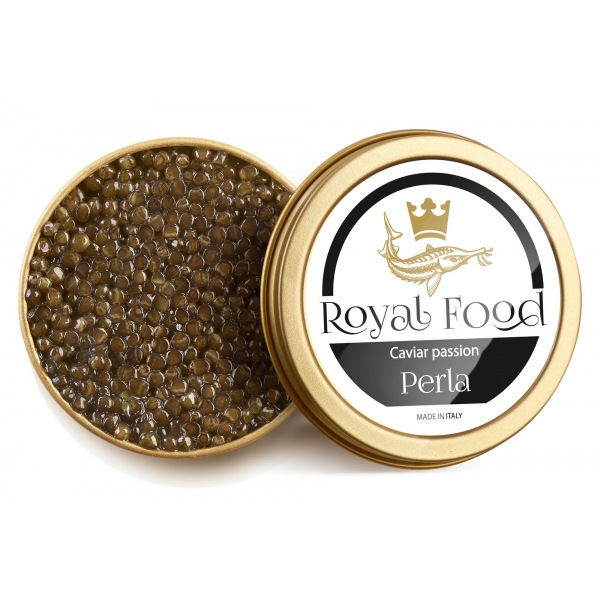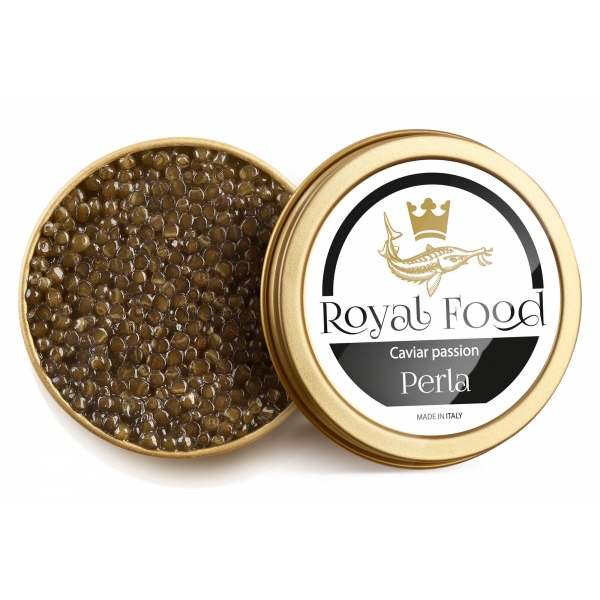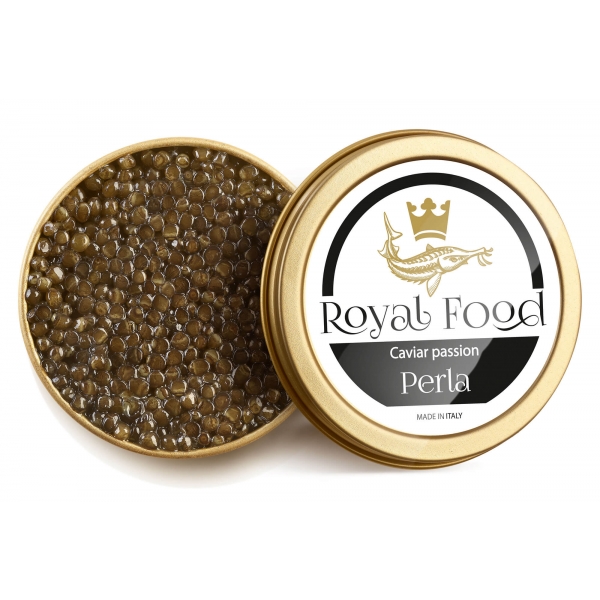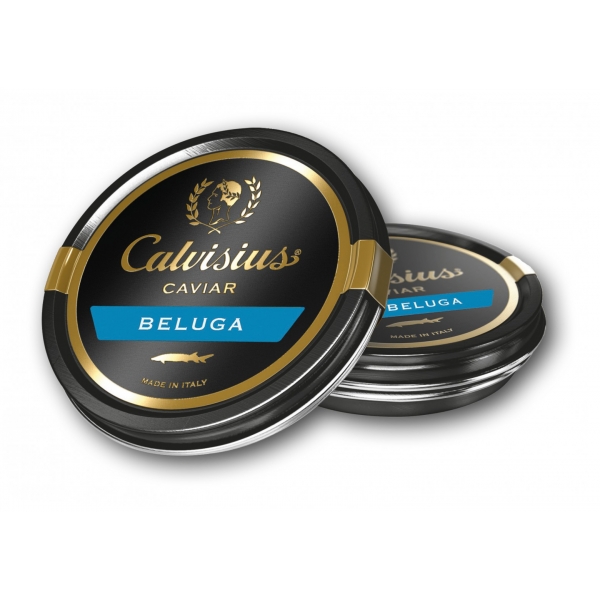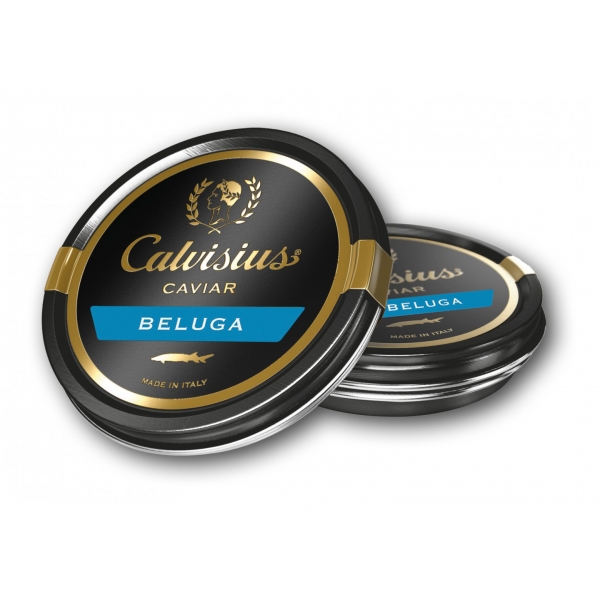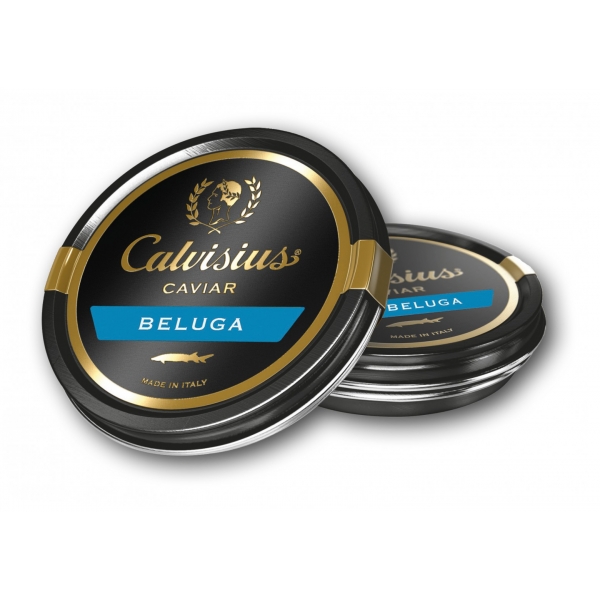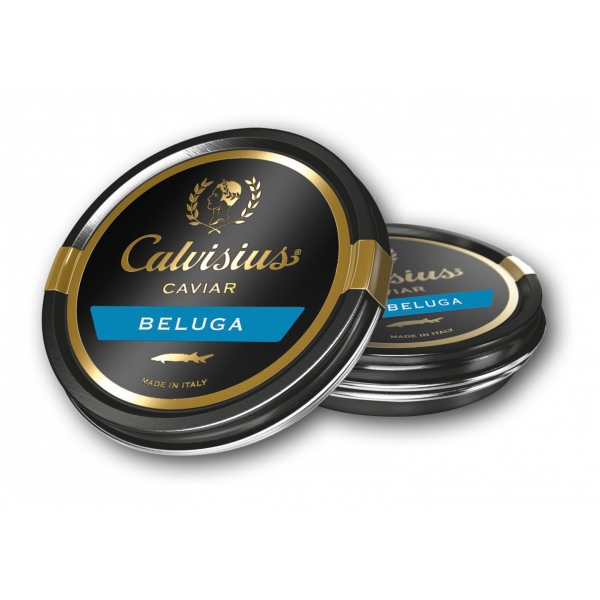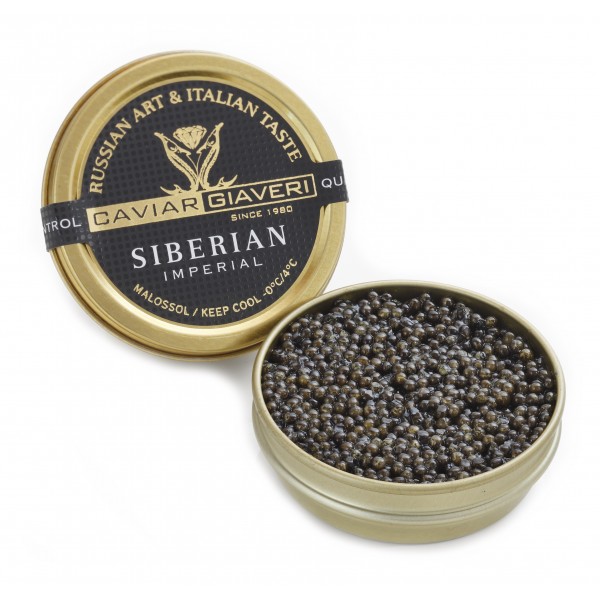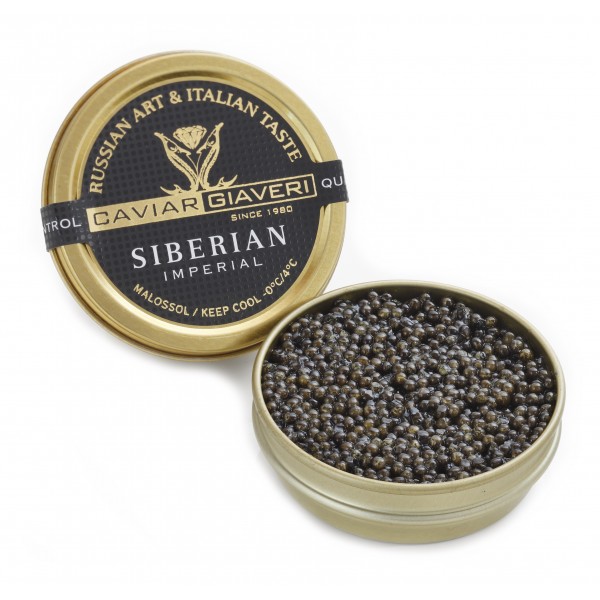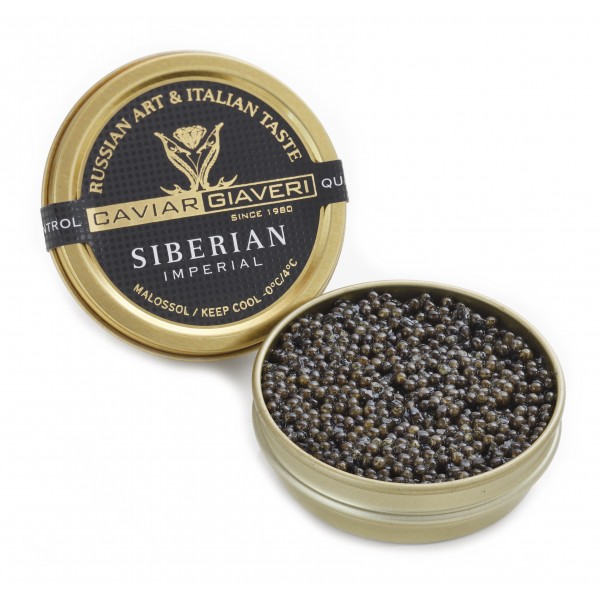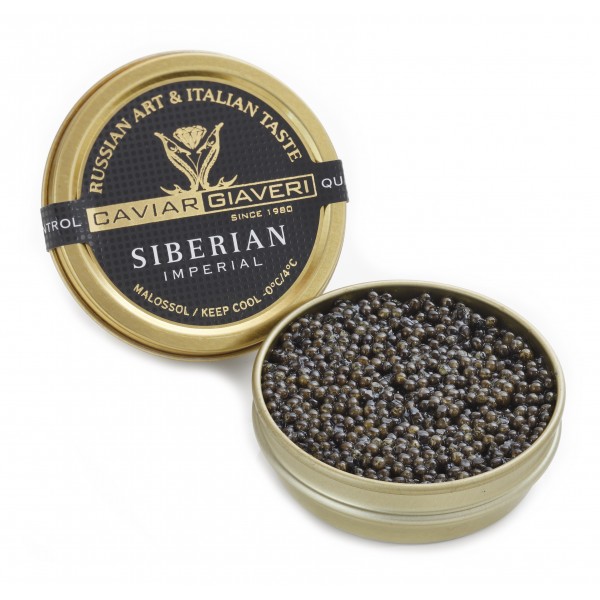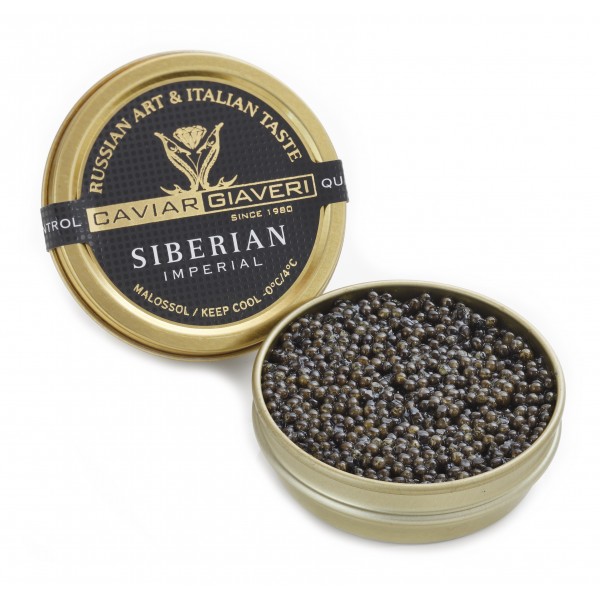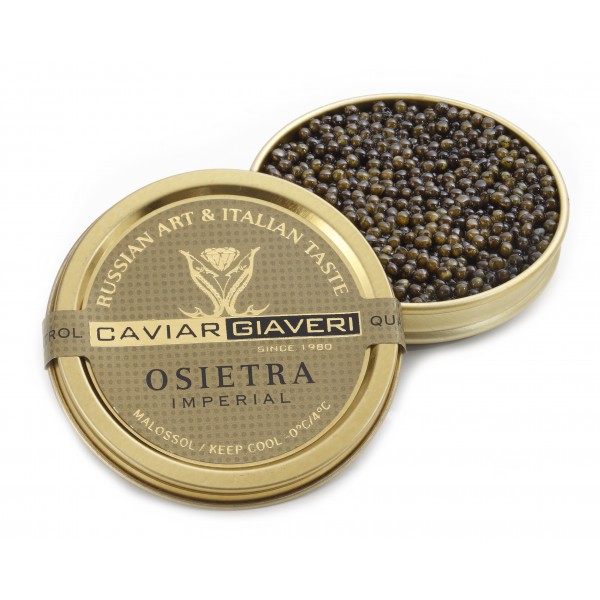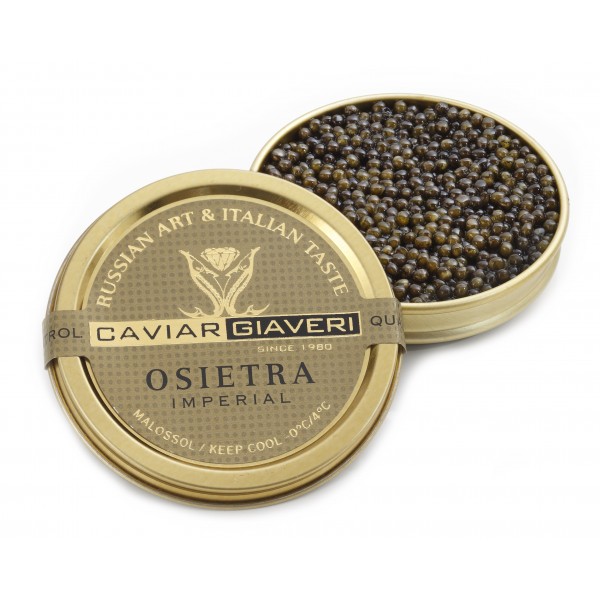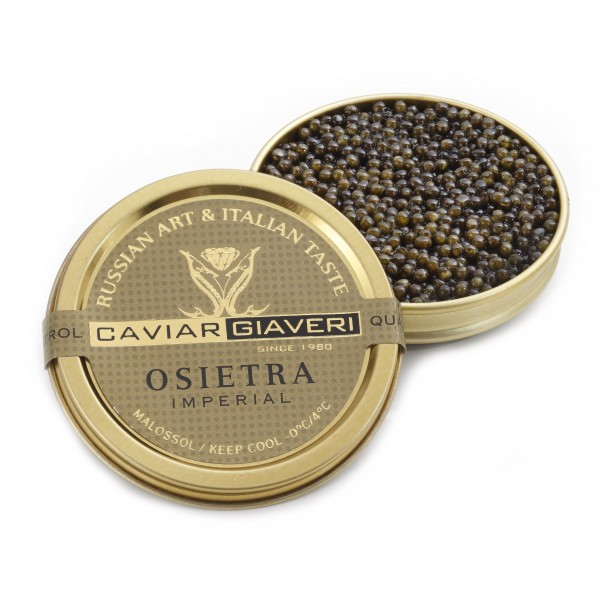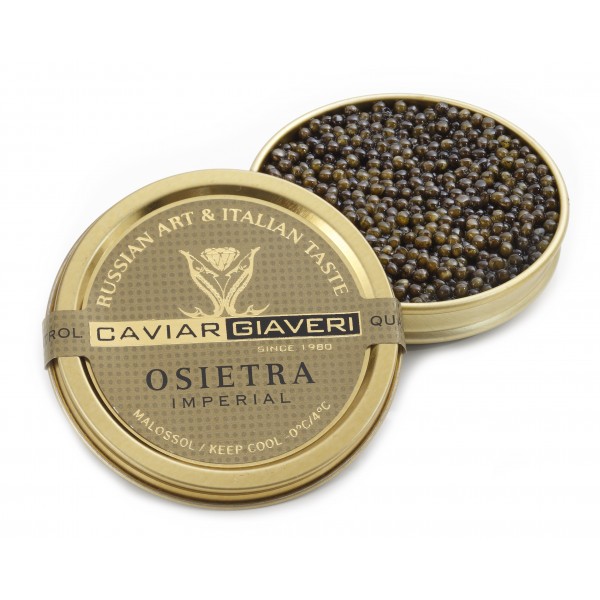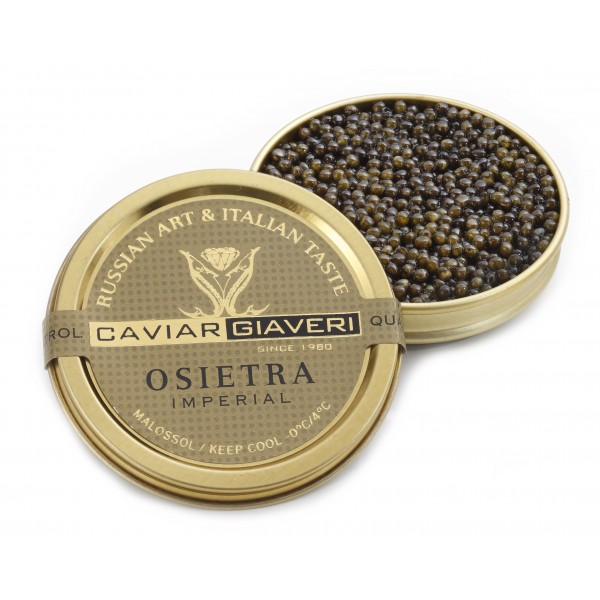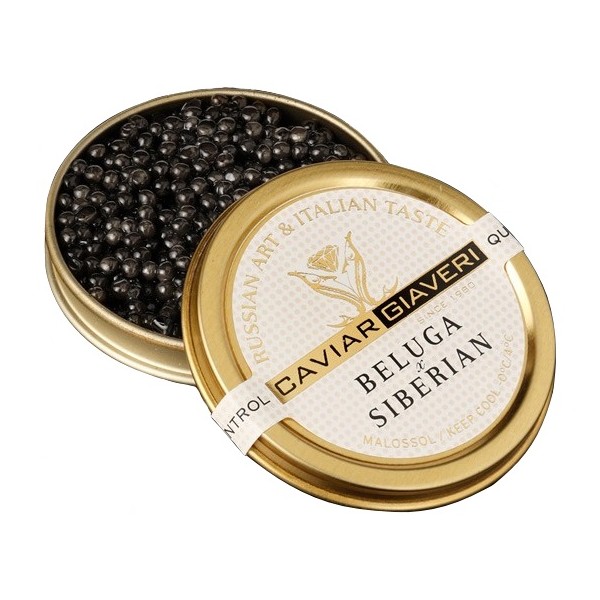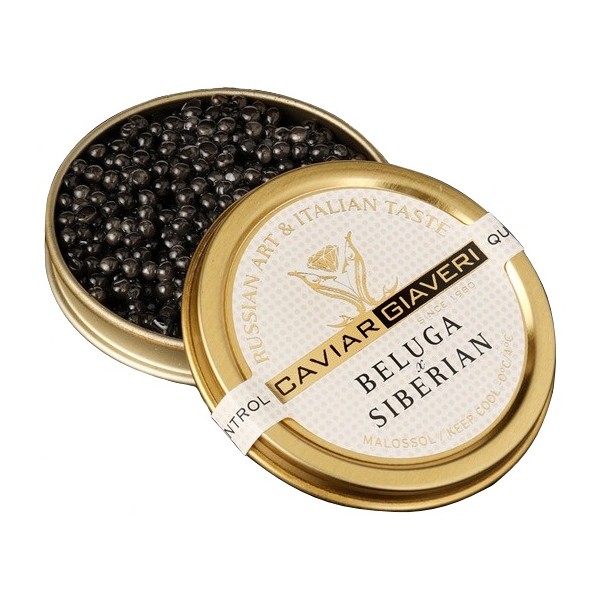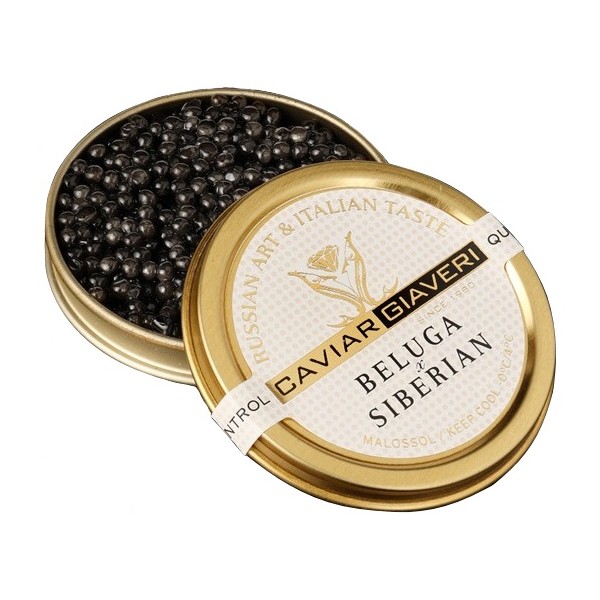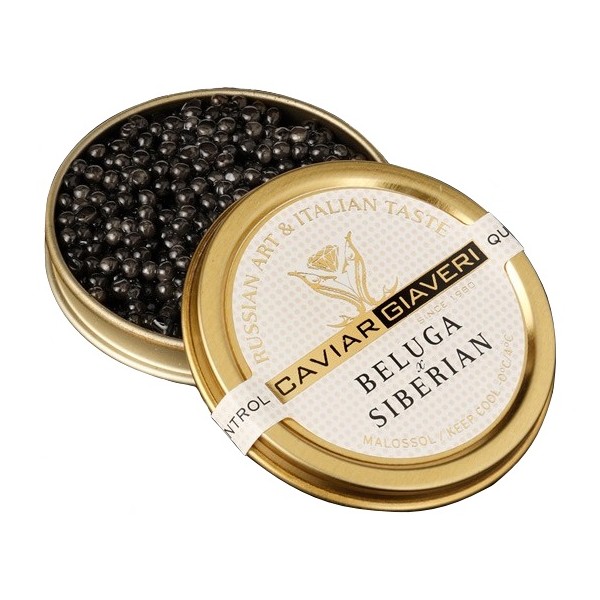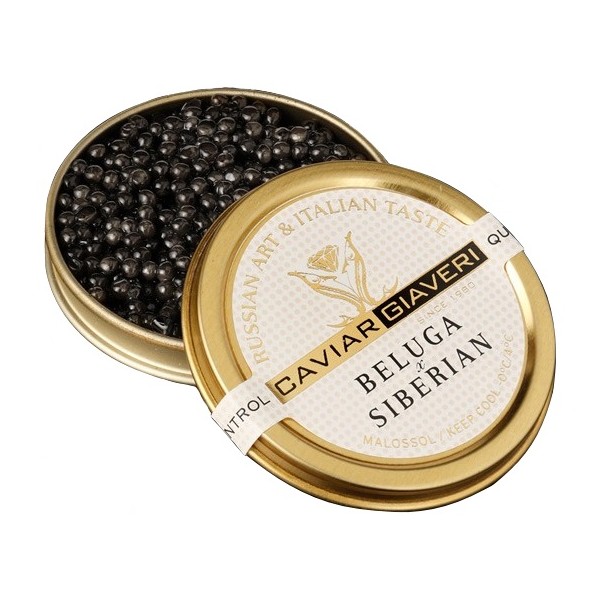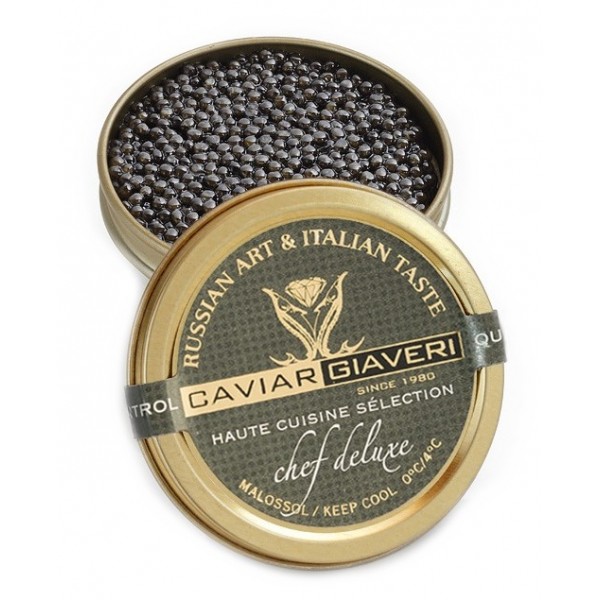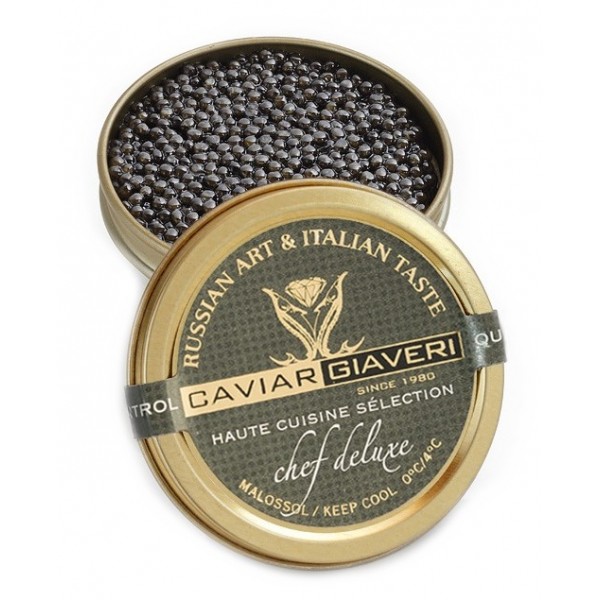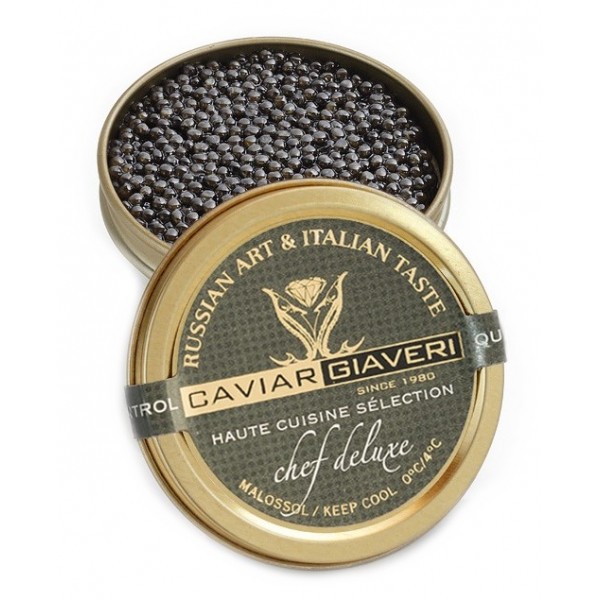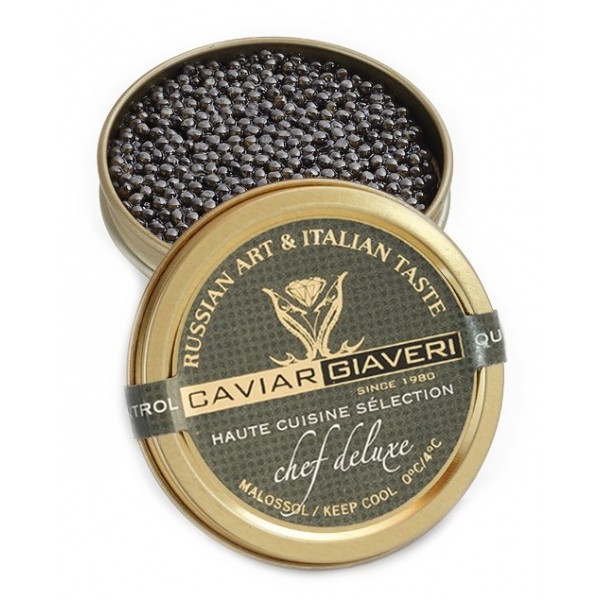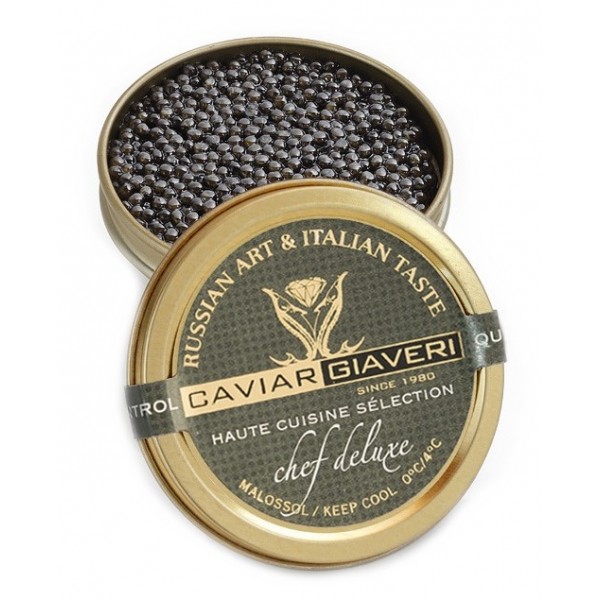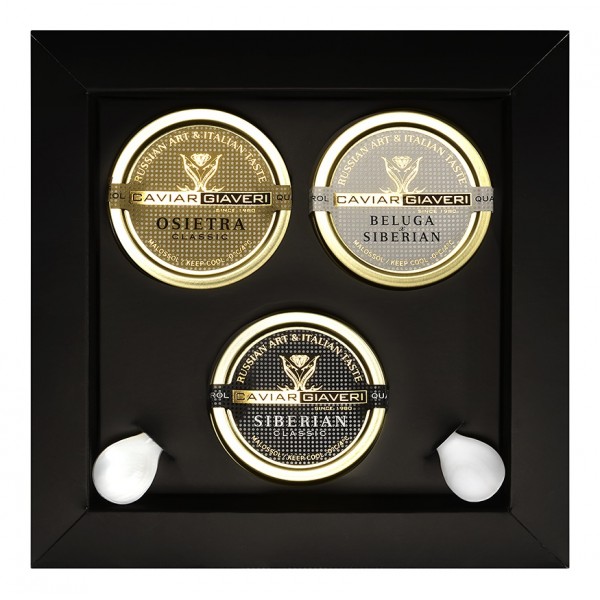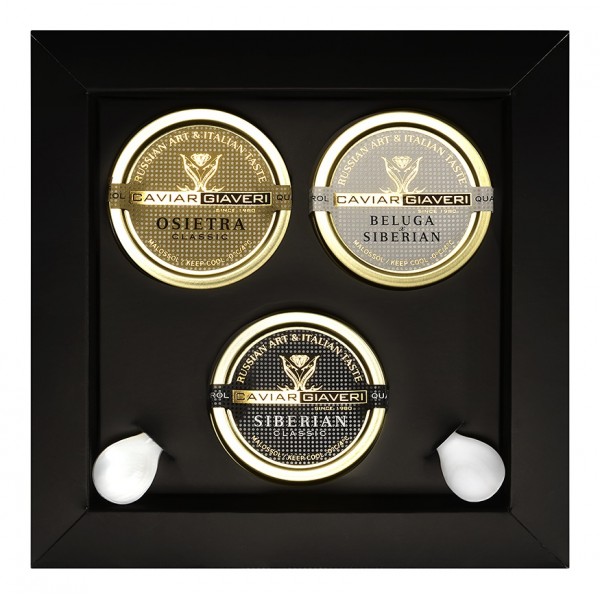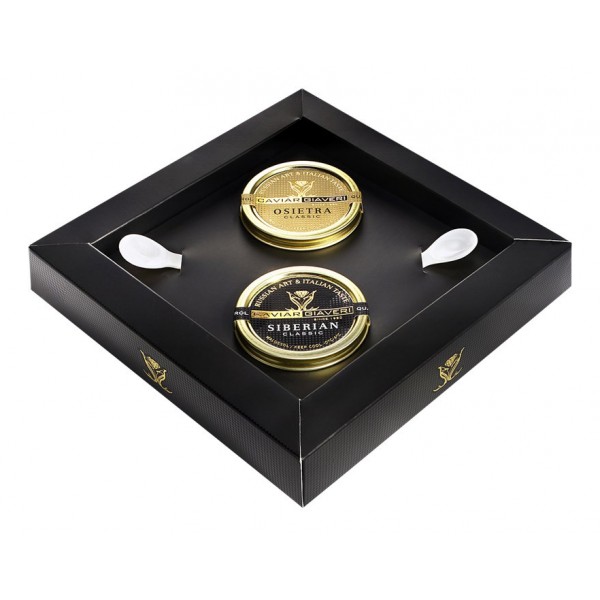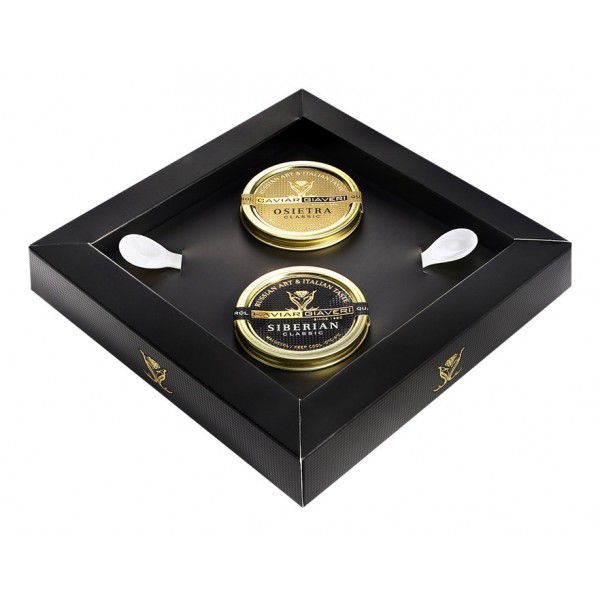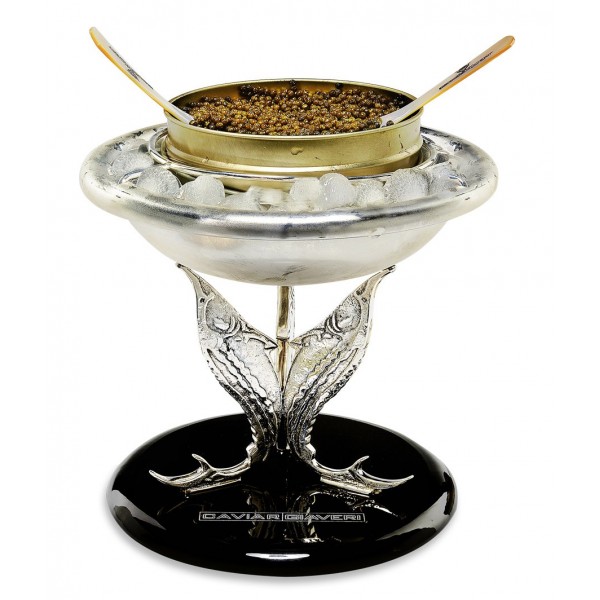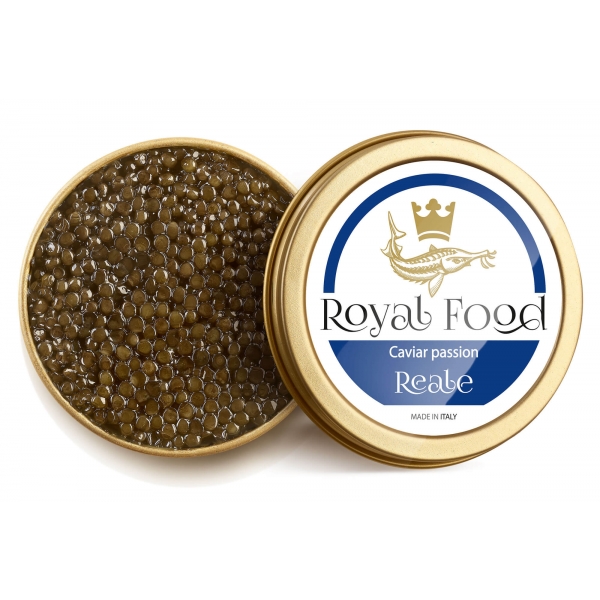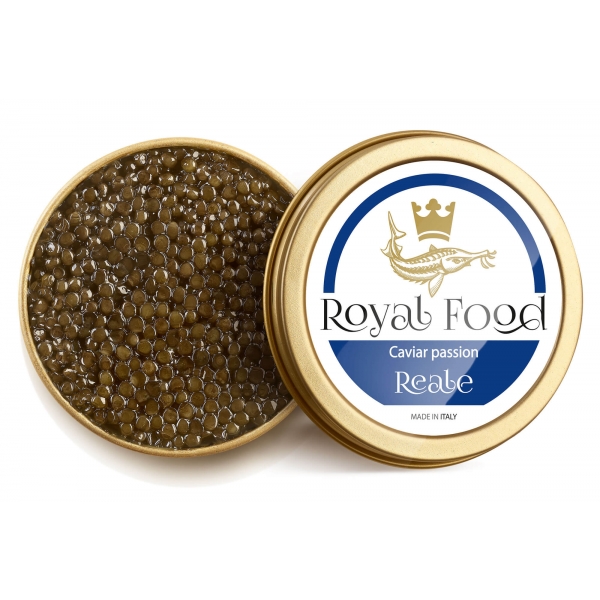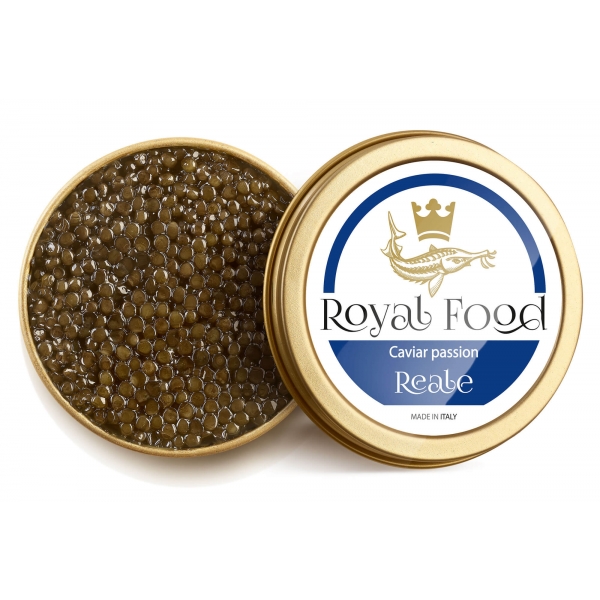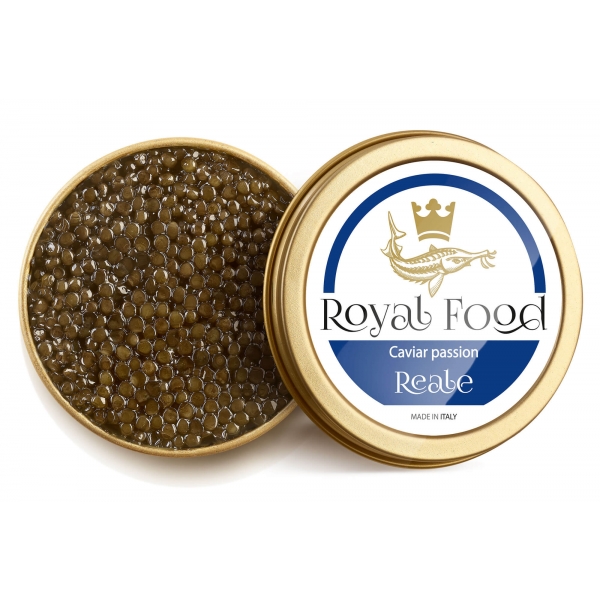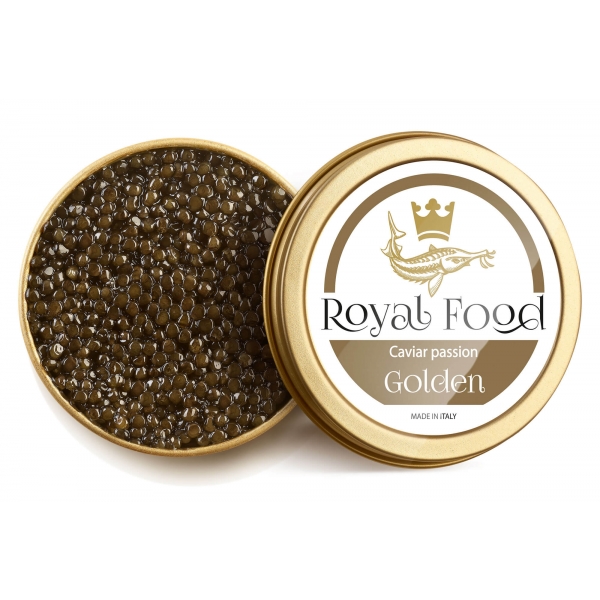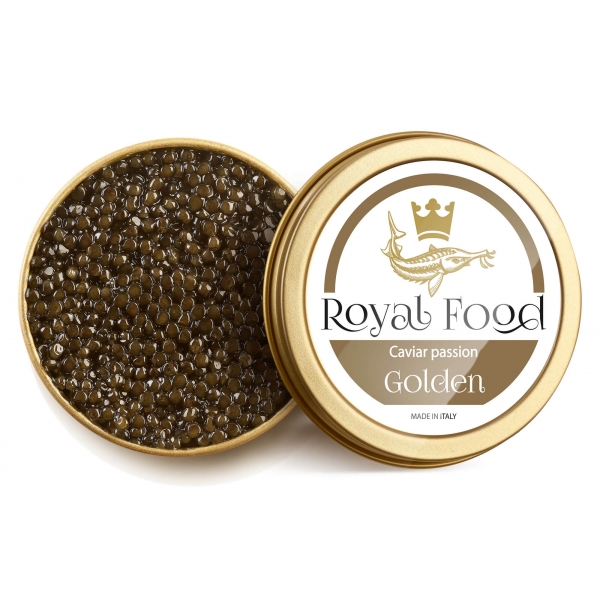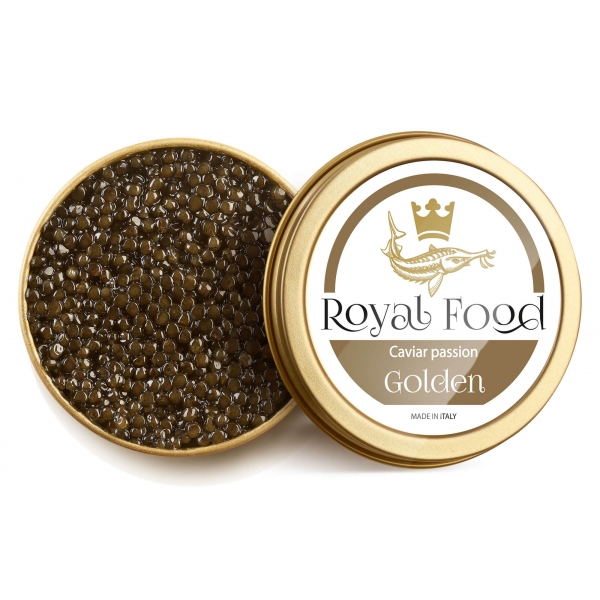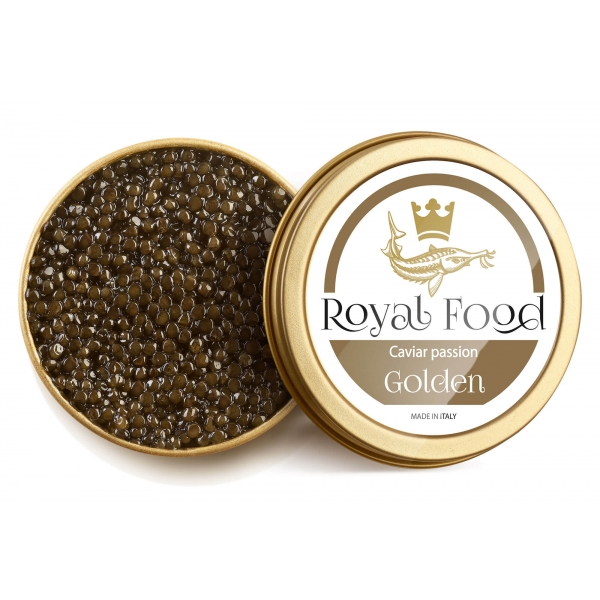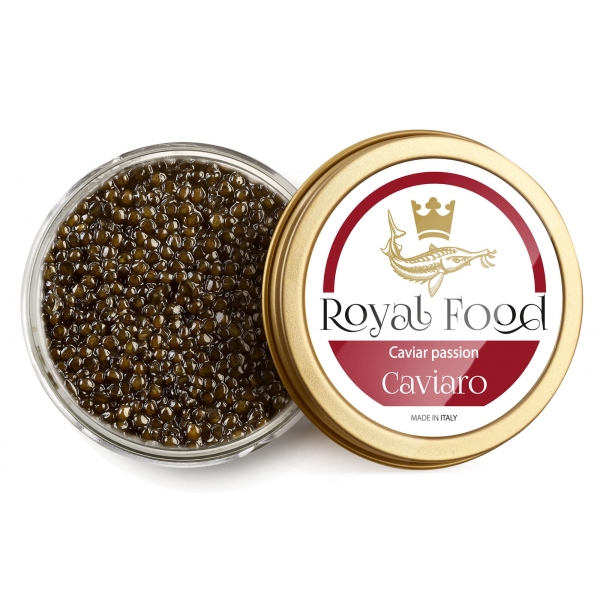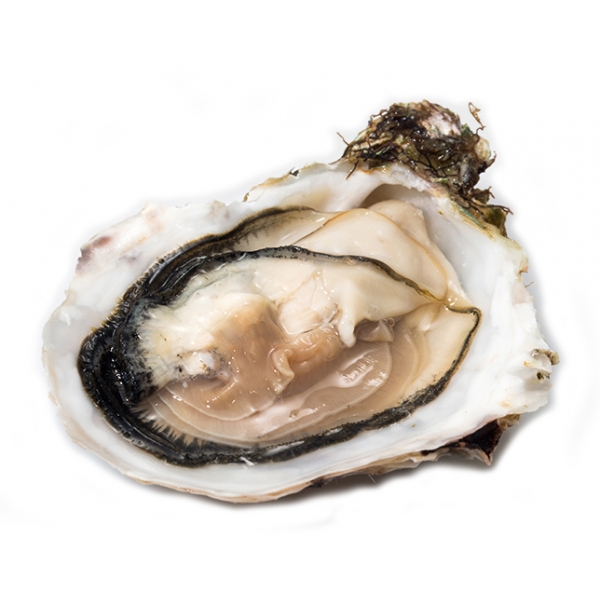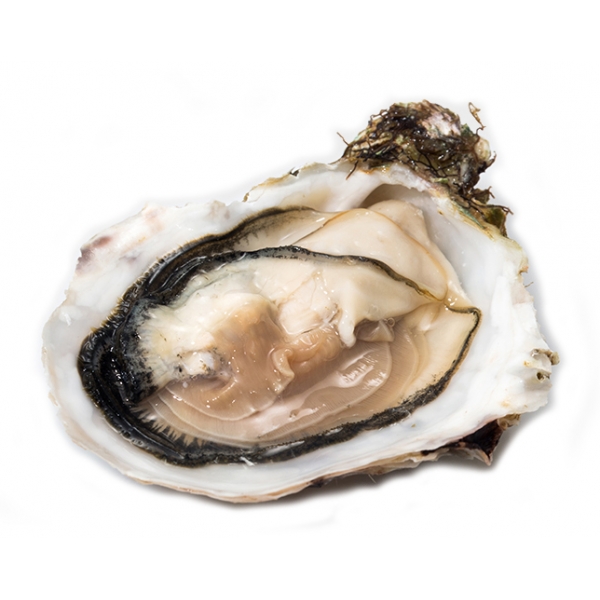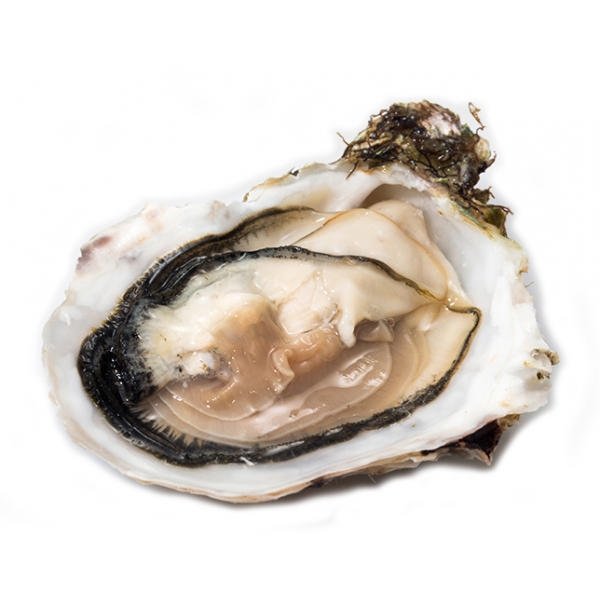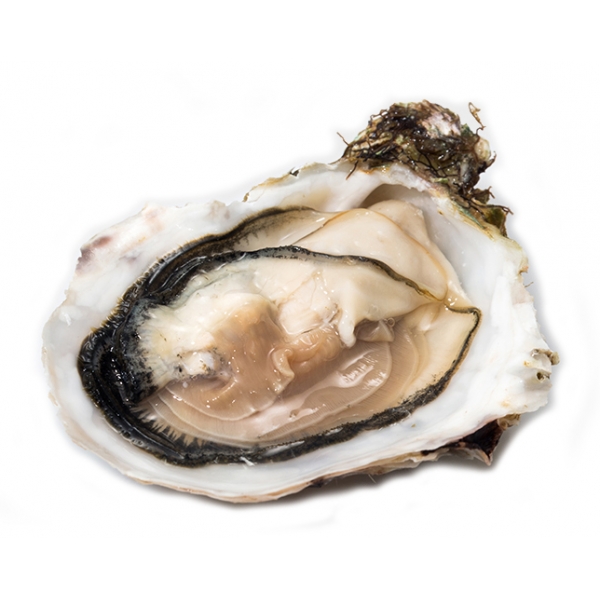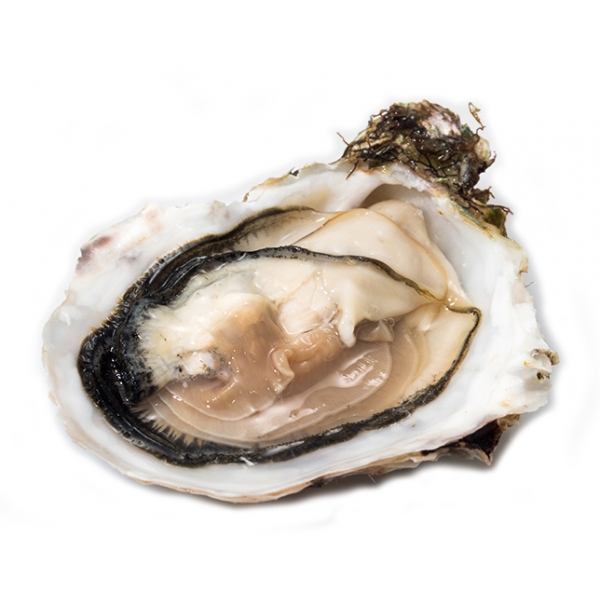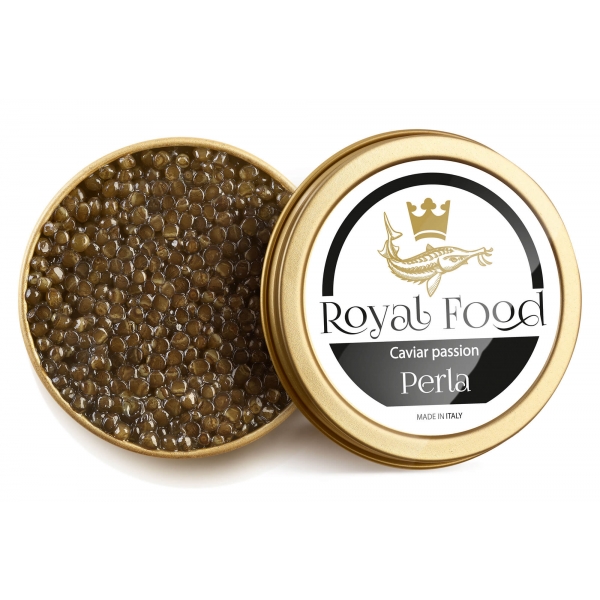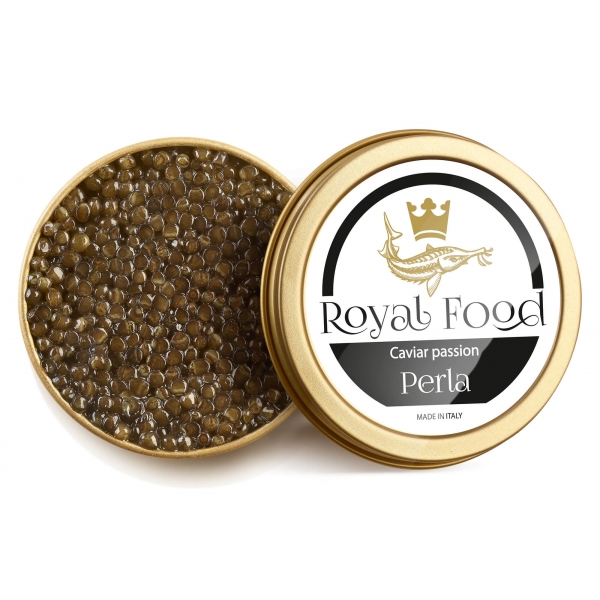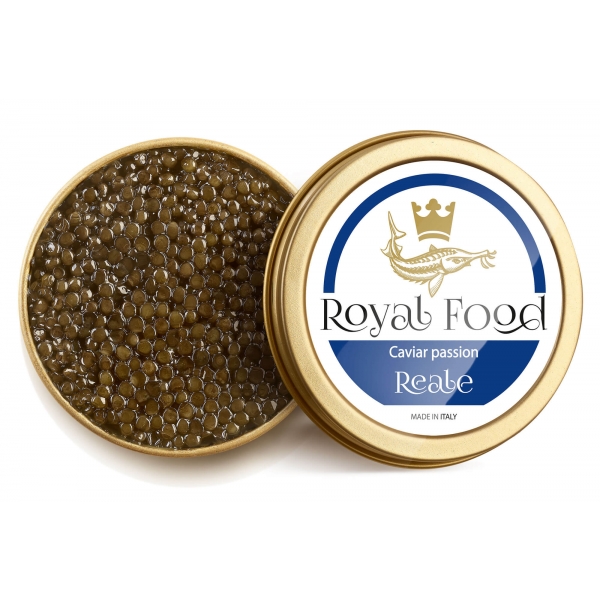No products
Wilde Wadoesters - Wild Oysters - 50 - Handpicked on the Wadden Sea - UNESCO World Heritage Site
Wild oysters are harvested by hand by traditional Wadvissers on the beds of wild oysters in the Wadden Sea. They are Japanese oysters (Crassostrea gigas), a species widely cultivated all over the world. In France the species is called "Creuse": these oysters arrived in the Wadden Sea around 1980 and large schools spread throughout the Wad.
- Write a Review
By buying this product, you will collect up to 150 quality points. Your order will total 150 quality points that can be converted into a voucher of 1,50 €.
Information
| Region | Groningen |
| Nation | Netherlands |
Description
Wilde Wadoesters - Blissful Salty Wild Oysters - The Best Alive
Wild oysters are harvested by hand by traditional Wadvissers on the beds of wild oysters in the Wadden Sea. They are Japanese oysters (Crassostrea gigas), a species widely cultivated all over the world. In France the species is called "Creuse": these oysters arrived in the Wadden Sea around 1980 and large schools spread throughout the Wad. Subsequently, large oyster beds were created on the Wadden Sea. At low tide the oyster beds emerge and the fishermen can collect them; then, on the shore in Lauwersoog, the oysters are cleaned, selected and packaged.
Wild Oysters - Handpicked on the Dry Wadden Sea - UNESCO World Heritage Site
The best wild oysters in the world, directly from the Wadden nature reserve.
Quantity
50 wild oysters.
Harvesting
Handpicked
The Pure Taste of the Wild Wad
The Wadden Sea is a particular area. The salt water of the North Sea and the fresh water of the Rhine and Ems rivers flow into the coastal area protected by the islands of Wadden.
The wealth of plankton is a source of food for mussels, clams, snails and oysters that live in the shallows of the Wadden. When there is low tide on the banks of the Wad, birds eat mussels and clams while fishermen collect oysters, with a fleshy consistency and with the pure flavor of the Wad: sweet and brackish, full and round.
The Full Taste of Fertile Wad
In summer, when the sea water heats up, the oysters reproduce. The future oyster larvae are inside the adult specimens and resemble a nut of butter: they are released at intervals and then float like a milky patch on the surface of the sea. Female oysters can thus release up to 200 million eggs! This oyster "milk" is creamy and high in fat; cooked it looks like egg white and roasted on the grill becomes a real treat!
Algae ... Are Included!
Together with our oysters, we add sea oak (fucus), an alga that grows in the area. Algae maintain humidity and reduce the pressure of the package. They are also good!
Prepare a marinade with 2 tablespoons of soy sauce, 2 tablespoons of vinegar, 1 tablespoon of apple syrup, 1 tablespoon of oil and one of sesame seeds. After washing them well, leave the seaweed to marinate for an hour. Roast them in the oven at 100 degrees until they become crispy (more or less 45 min).
You can use sea oak for fish dishes or salads or as a side dish to munch on with oysters.
Eat What The Wad Offers
Small-scale coastal fishing is as old as the Wadden Sea itself, but fishermen must constantly adapt. The Wad and the fauna present change continuously due to human intervention and climate change. The wild oysters of the Wadden Sea contain all the natural flavor of this beautiful area.
Thanks to responsible environmental management and weekly health checks, health is guaranteed. Support fishermen by enjoying this product!

